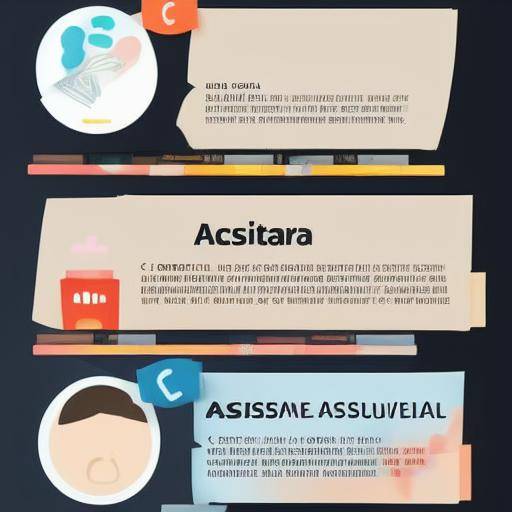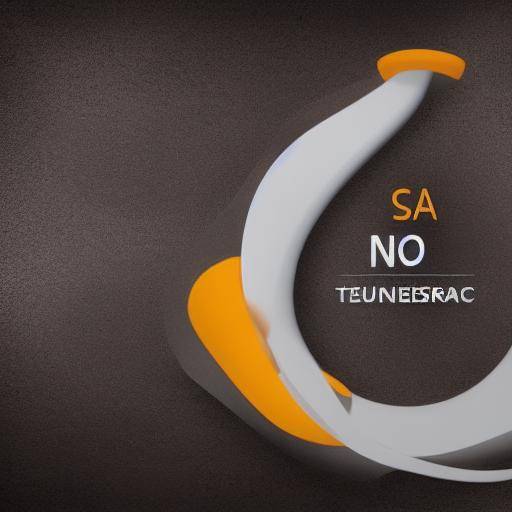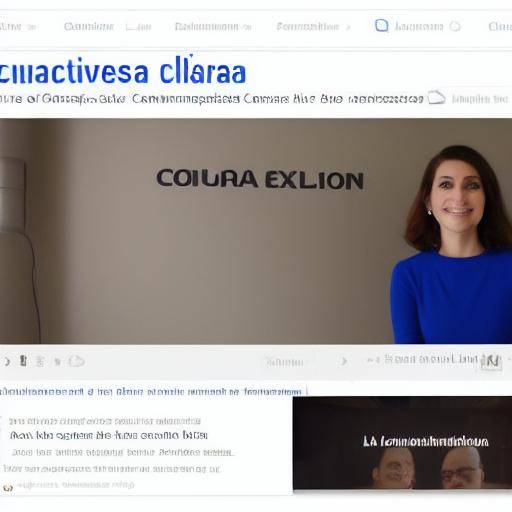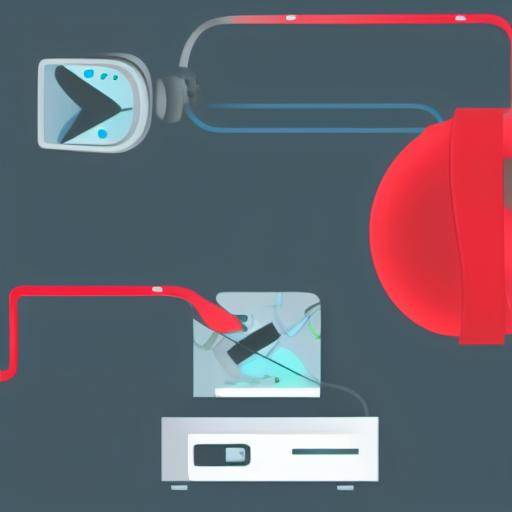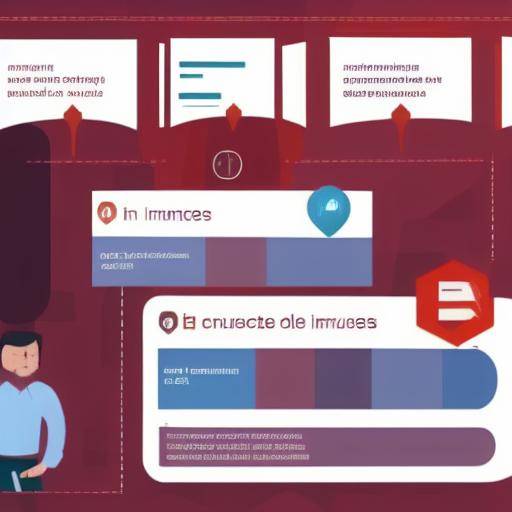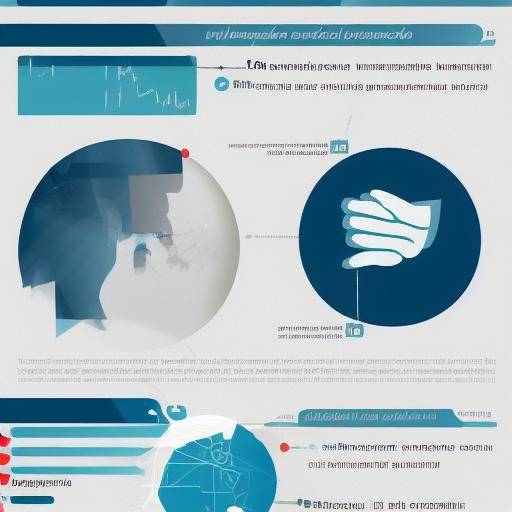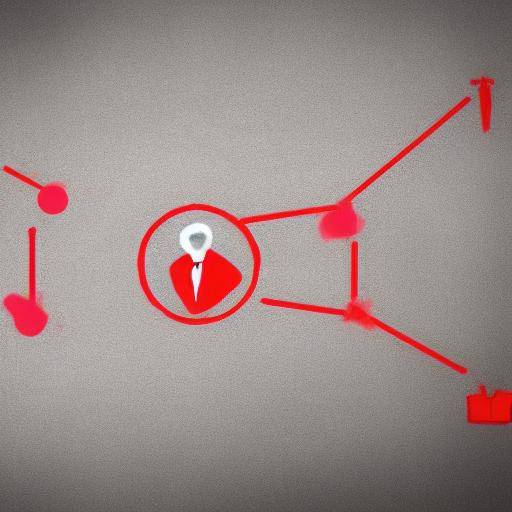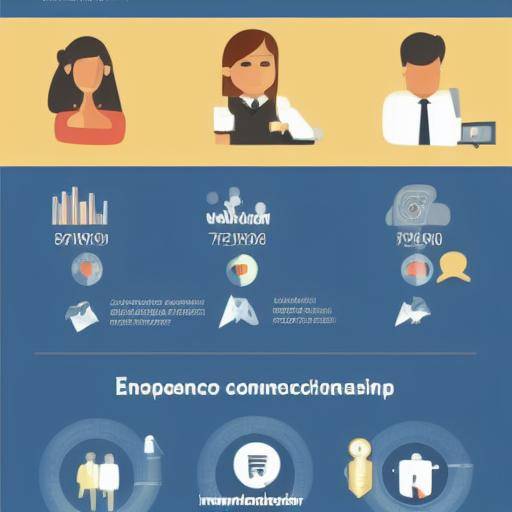
Interpersonal communication is the basis of our personal relationships, both in the personal and professional spheres. However, the effectiveness of this communication can be affected by various factors, including ethics. In this article, we will explore how ethics can influence interpersonal communication, as well as strategies to improve it using ethical principles. Throughout the article, we will address its history, benefits, challenges, practical applications and future trends.
Introduction
Interpersonal communication is the exchange of information, feelings and meanings among individuals. It helps us to understand each other, strengthen emotional ties and resolve conflicts. On the other hand, ethics refers to moral principles that guide human behavior and decisions. An ethical interpersonal communication involves honest, respectful and thoughtful communication, maintaining confidentiality and avoiding manipulation. In this context, ethics contributes to building stronger and more meaningful relationships.
History and Background
The intersection between ethics and interpersonal communication has deep roots in the history of humanity. From ancient Greek philosophies that advocated ethical rhetoric to modern codes of conduct in working environments, evolution has been noticeable. In the personal sphere, ethical communication has been highlighted in philosophical and religious teachings over the centuries. On the other hand, in the professional sphere, ethics has played a crucial role in building strong business relations.
Deep analysis
The application of ethics in interpersonal communication offers significant benefits, such as promoting trust and mutual respect, promoting transparency and honesty, and facilitating conflict resolution in a fair manner. However, it also presents challenges, such as the need to make difficult decisions to maintain ethical integrity in delicate situations.
Comprehensive review
To improve interpersonal communication through ethics, it is essential to promote open dialogue, promote empathy and understanding, and establish clear limits in terms of confidentiality and mutual respect. In addition, transparency and honesty must be central practices in all interactions, both personal and professional.
Comparative analysis
The relationship between ethics, interpersonal communication and personal relationships is intrinsic. Ethics serves as the fundamental framework that sustains the way we communicate with others, influencing the quality and depth of our relationships.
Practical Tips and Accessible Tips
- Practice active listening: enable a space for the other person to express himself without interruption, demonstrating genuine interest in his thoughts and emotions.
- Be honest and transparent: Prioritize openness and transparency in your interactions, even when dealing with sensitive issues.
- Keep confidentiality: respect the privacy of others and avoid sharing confidential information without your consent.
Additional tips may include strategies to manage conflict situations ethically, the importance of maintaining integrity in communications and promoting a trust environment.
Industry Perspectives and Expert Reviews
Communication and ethics experts highlight the importance of promoting ethical awareness in interpersonal communication. Ethics not only improves the quality of interpersonal relationships, but also contributes to a healthier and productive social and labor environment.
Case Studies and Real Life Applications
_Case Study 1: Work Ethics_In a company, the implementation of ethical principles in interpersonal communication allowed the reduction of interdepartmental conflicts and the improvement of the working climate.
* Case study 2: Ethics in personal relationships ♪ In a couple ' s relationship, the practice of ethical communication strengthened mutual trust and facilitated conflict resolution in a more collaborative and constructive manner.
Future Trends and Predictions
In an increasingly interconnected world, the importance of ethical interpersonal communication will continue to increase. Organizations and individuals are expected to incorporate ethical communication practices as a key differential in their interactions, which will boost stronger and more meaningful relationships.
Conclusions and FAQs
Conclusions
Ethics plays a key role in improving interpersonal communication. By adopting ethical principles, people can strengthen their personal and professional relationships, fostering trust, transparency and mutual respect.
Frequently asked questions
Why is ethical communication important in the working environment?
Ethical communication in the working environment fosters a climate of trust, reduces conflicts and promotes integrity within the organization.
How can I improve my interpersonal communication using ethical principles?
You can improve your interpersonal communication by practicing honesty, empathy and respect, maintaining confidentiality and promoting an environment of mutual trust.
What is the impact of ethics on personal relationships?
The application of ethical principles in personal relationships strengthens trust, fosters empathy and understanding, and promotes more meaningful and healthy interactions.
How can I handle conflictive situations ethically in interpersonal communication?
Managing conflictive situations ethically involves listening to the other person carefully, seeking just and respectful solutions, and maintaining calm and composure during interaction.
What role does ethics play in building lasting relationships?
Ethics provides the basis for lasting relationships, promoting trust, respect and integrity in personal and professional interactions.
What are future trends in the field of ethical interpersonal communication?
Future trends point to greater awareness and adoption of ethical practices in interpersonal communication, both in working and personal environments, to promote stronger and more meaningful relationships.
In short, ethics plays a crucial role in how we communicate with others, influencing the quality and depth of our personal and professional relationships. By incorporating ethical principles in our interpersonal communication, we can strengthen trust, promote transparency and mutual respect, and build stronger and more meaningful relationships.










